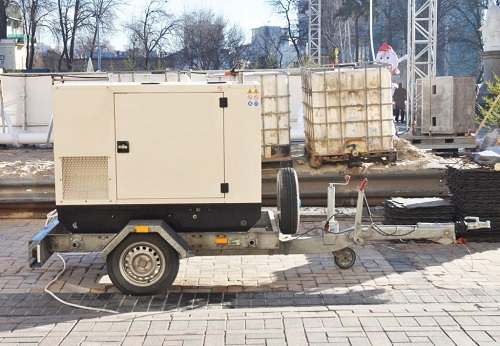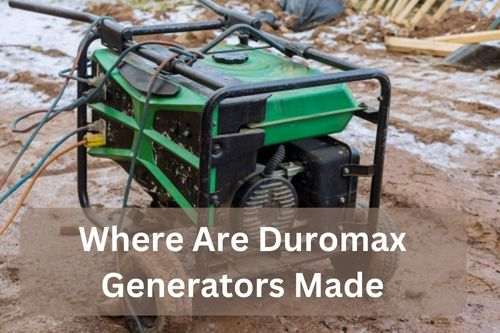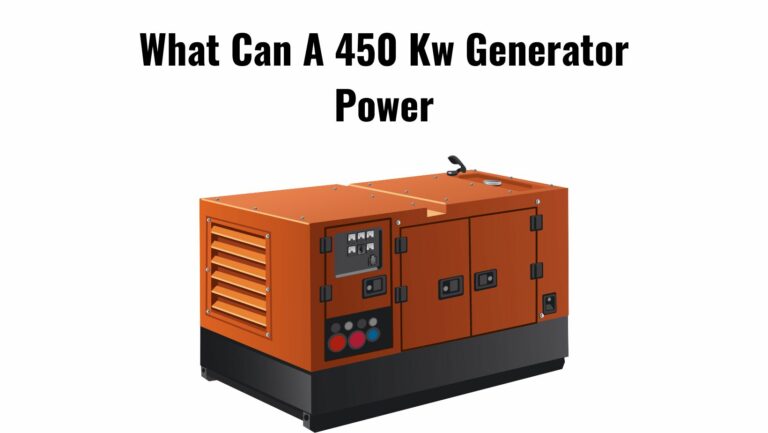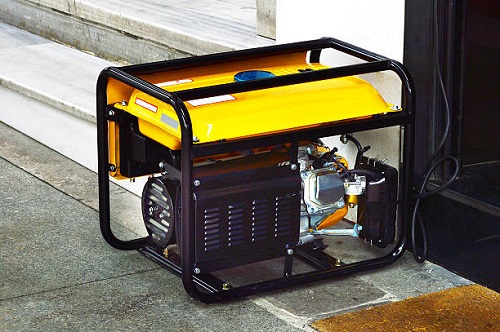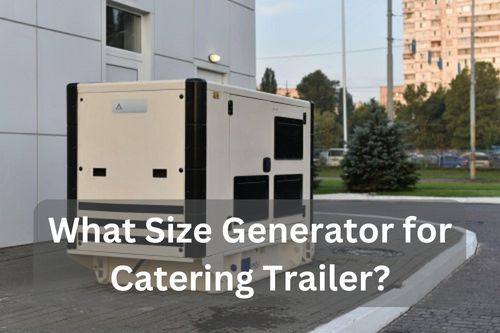
A generator is a great investment for those who want to be prepared for a power outage. But how much power do you need? And How Many Watt Generators to Run a House?
In this post, we’ll walk you through the basics of generators and help you figure out which one is right for your home.
The right generator for you?
It is often assumed that a generator must be very large and expensive to power an entire house. However, this is not always the case. There are several small, portable generators capable of providing enough power to keep a house running during an outage.
The size of the generator will be determined by the amount of power required to run the appliances and other essentials in your home. A typical home will require between 2,000 and 4,000 watts of power to function properly. This means that a generator with a capacity of 5,000 watts or more would be able to keep most homes running during an outage.
How to calculate what size generator I need?
To calculate the size generator you need, start by totaling the wattage of everything you want to run simultaneously. Keep in mind that the average fridge uses about 1,000 watts, a furnace uses about 1,500 watts, and a good pump uses about 1,200 watts.
Step-by-step guide
Here is a step-by-step guide on how to calculate the size generator you need to run your house:
- List the appliances and other essentials you want to power with the generator.
- Add up the wattage of all items on the list.
- Choose a generator with a capacity of at least 5,000 watts.
- Follow the instructions in the owner’s manual to install and operate the generator properly.
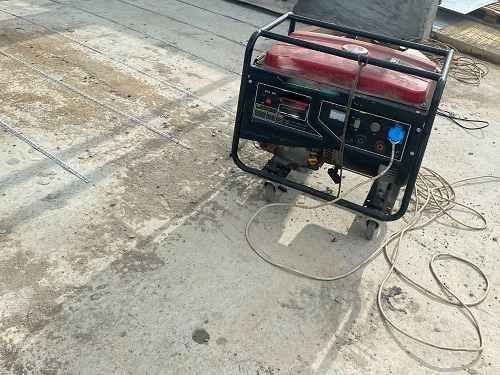
Things to consider
When choosing a generator, there are a few things you need to keep in mind:
- The generator should be properly sized for your needs.
- The generator should be able to handle the surge wattage of all appliances and electronics that will be powered by it.
- The generator should be installed and operated according to the manufacturer’s instructions.
- Always consult with a qualified electrician or another professional before attempting to install or operate a generator.
Precautions when using a generator
There are a few safety precautions you need to take:
- Never operate the generator indoors or in an enclosed space.
- Make sure the generator is properly grounded.
- Do not overload the generator.
- Keep the generator dry and free from debris.
- Never refuel the generator while it is running.
- Let the generator cool down before storing it.
FAQs
In most cases, a 12000-watt generator can power an entire house. However, it is always best to consult a qualified professional to determine the specific power needs of your home.
The average house will require between 2,000 and 4,000 watts of power to function properly. This means that a generator with a capacity of 5,000 watts or more would be able to keep most homes running during an outage.
A 10000-watt generator can power most appliances and essentials in a typical home. However, it is always best to consult a qualified professional to determine the specific power needs of your home.
This will depend on some factors, such as the load on the generator and the efficiency of the generator. Generally, a 10000-watt generator can run for 8-10 hours on a gas tank.
Conclusion
In conclusion, knowing how many watts of generator you need to power your house is important. This step-by-step guide will surely help you make the best decision for your needs. If you have any questions, check out our FAQ section below. We are happy to help!
You Can Also Read!

